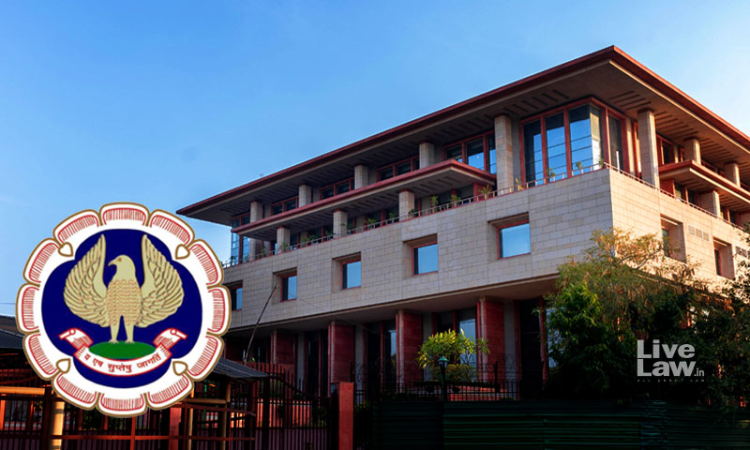The Delhi High Court today admitted an appeal against a single judge order holding that a person, being a Chartered Accountant, when convicted for commission of an offence involving 'moral turpitude', shall be liable to be removed from membership of Institute of Chartered Accountants of India.The Division Bench of Acting Chief Justice Vipin Sanghi and Justice Navin Chawla issued notice on...

